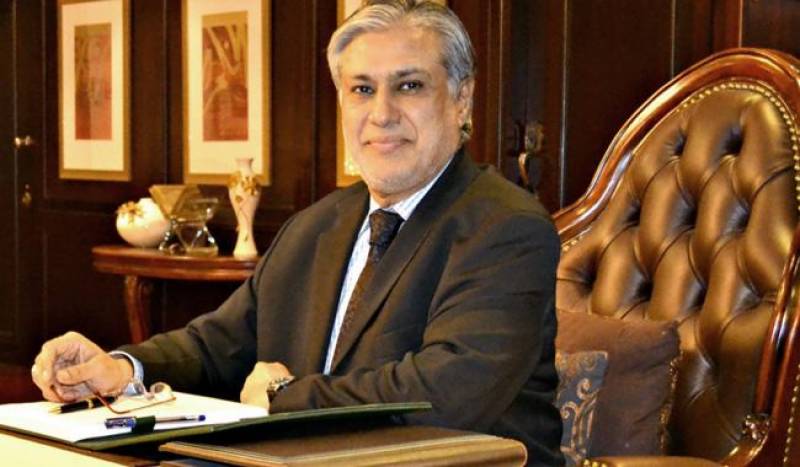Deputy Prime Minister and Foreign Minister Ishaq Dar says Pakistan’s geostrategic location offers an ideal trade and transit hub for the SCO region.
He was addressing SCO Council of Foreign Ministers meeting in Astana, Kazakhstan Tuesday.
The Foreign Minister highlighted the significance of China-Pakistan Economic Corridor for regional connectivity and economic integration.
Founded in 2001, the SCO is a major trans-regional organization spanning South and Central Asia, with China, Russia, Pakistan, India, Uzbekistan, Tajikistan, Kyrgyzstan and Kazakhstan as its permanent members.
The meeting comes at a time when Pakistan is making rigorous efforts to increase bilateral trade and investment with a number of countries and has aimed to enhance its role as a pivotal trade and transit hub connecting the Central Asian republics with the rest of the world, leveraging its strategic geographical position.
Addressing the SCO foreign ministers’ meeting, Foreign Minister Ishaq Dar explained Pakistan’s priorities as the current Chair of SCO Council of Heads of Government (CHG), including promoting connectivity, development of transport links, youth empowerment, poverty alleviation and enhanced practical cooperation among SCO member states.
“The Deputy Prime Minister said that Pakistan’s geostrategic location offers an ideal trade and transit hub for the SCO region,” the Foreign Ministry said in a statement.
He reiterated Pakistan’s firm adherence to the SCO Charter and explained its priorities as Chair of SCO Council of Heads of Government including promotion of connectivity, transport links, youth empowerment, poverty alleviation, and enhanced practical cooperation among SCO states.
CPEC, part of President Xi Jinping’s ambitious Belt and Road Initiative, is a $65 billion network of roads, railways, pipelines and ports in Pakistan that aims to connect China to the Arabian Sea and help Islamabad expand and modernize its economy.—NNI










